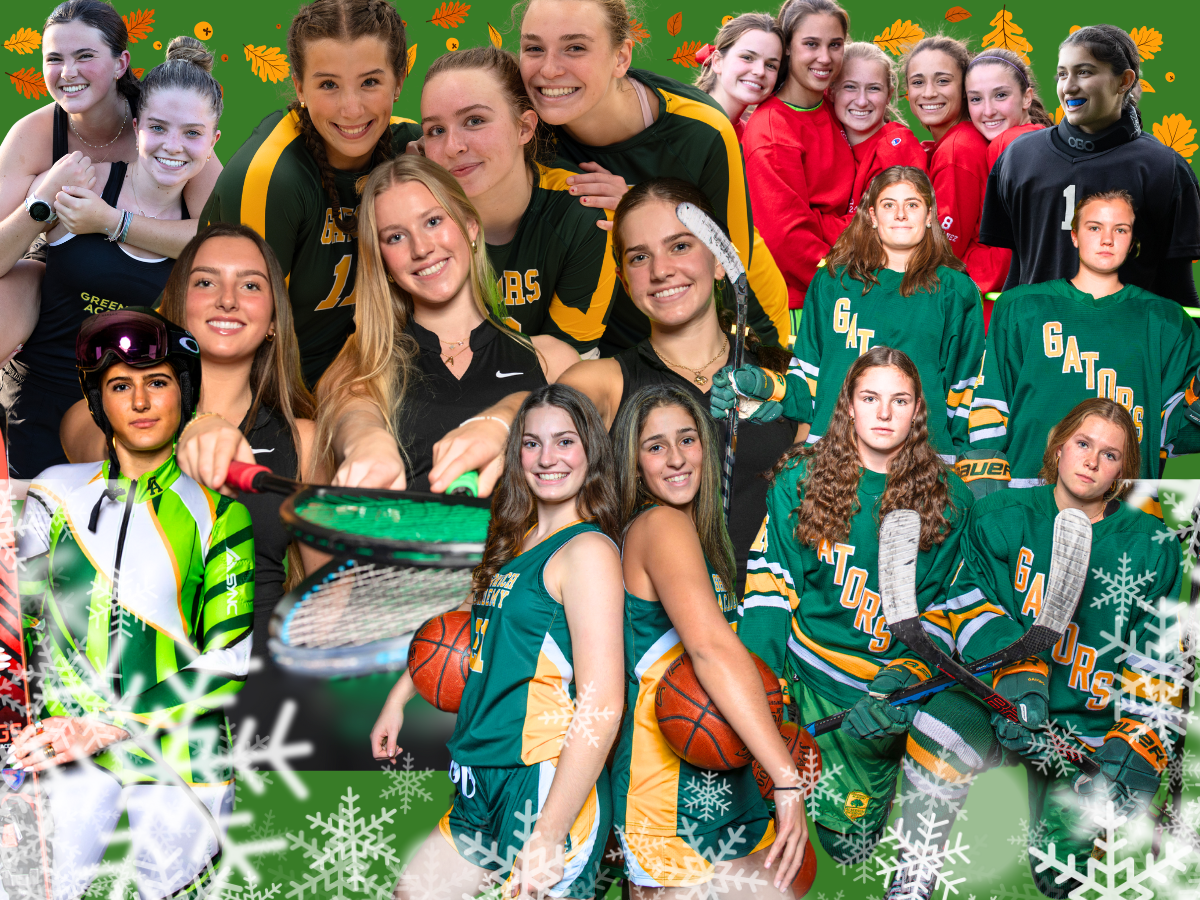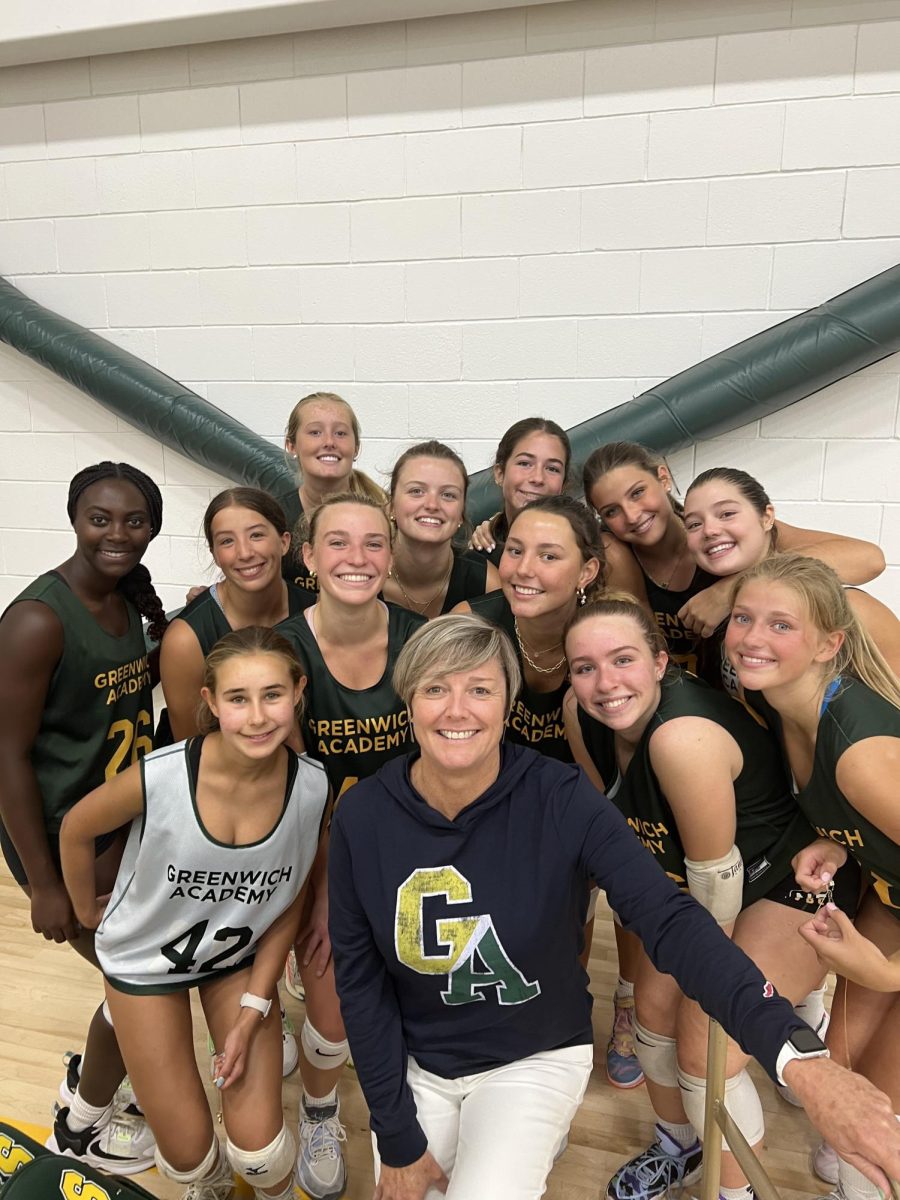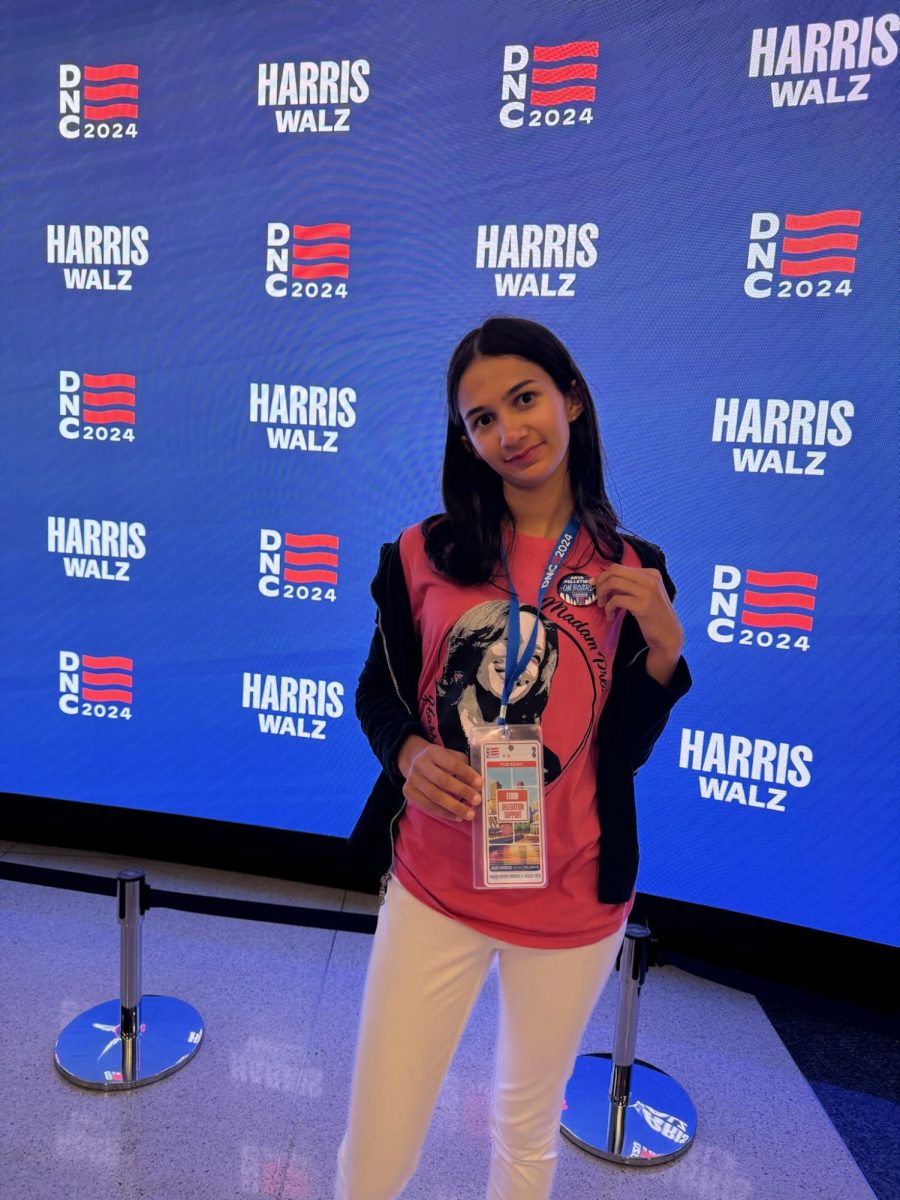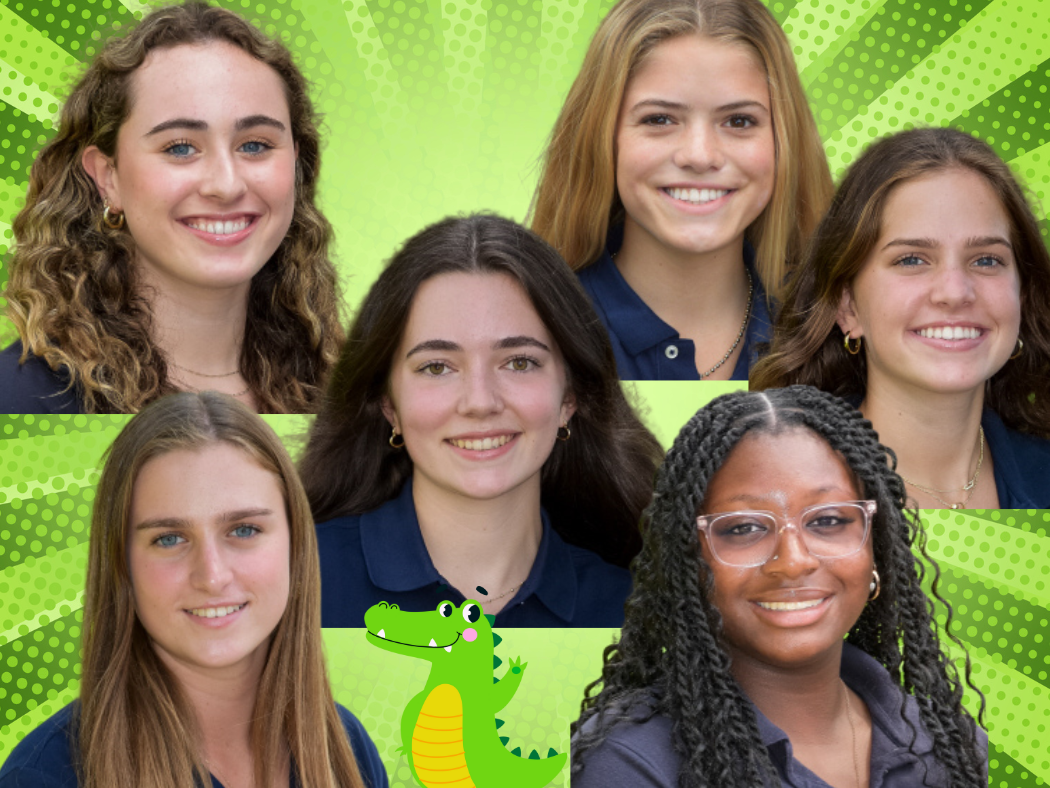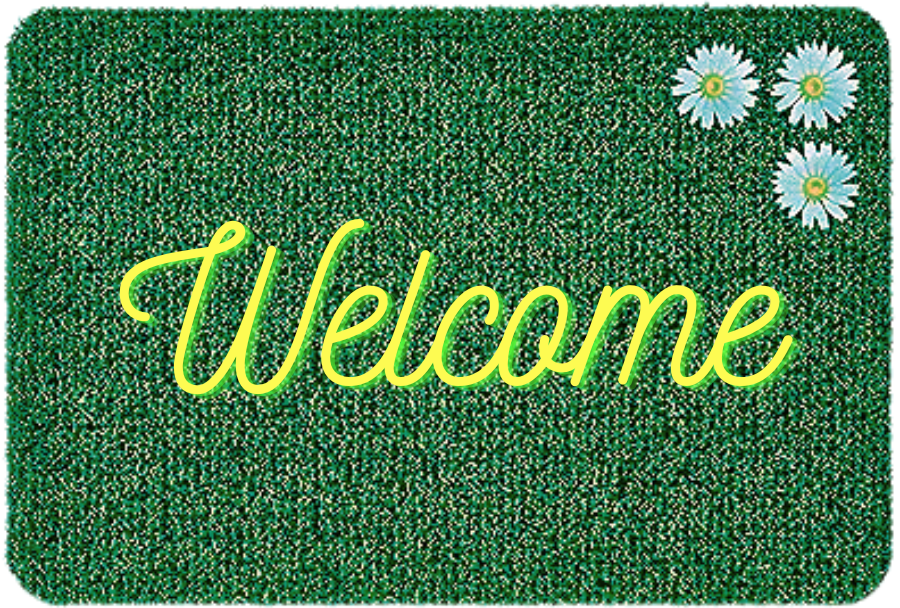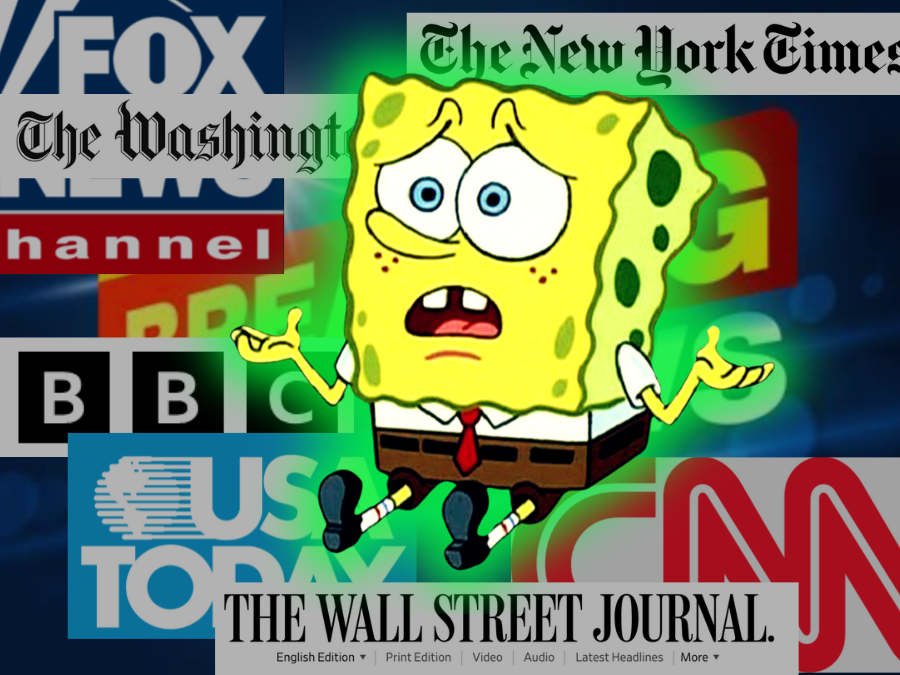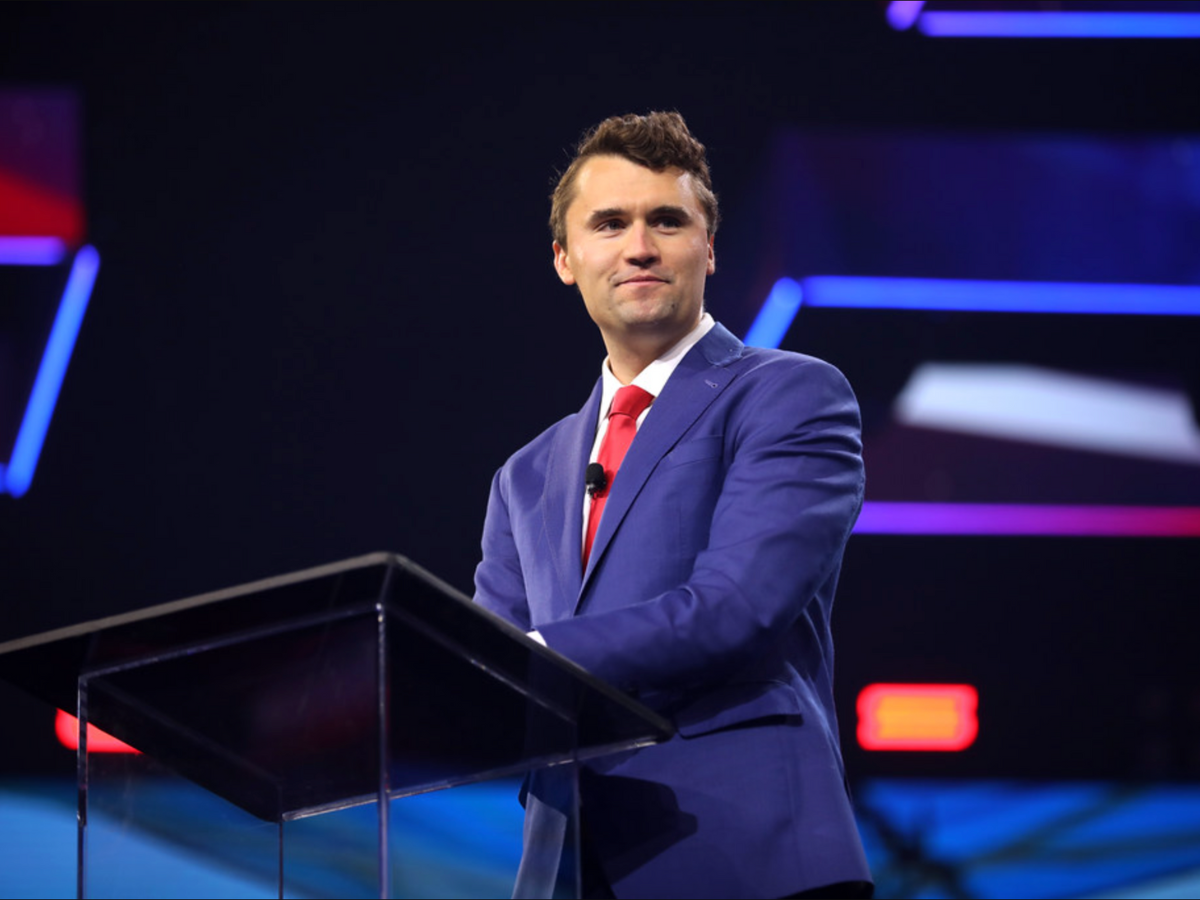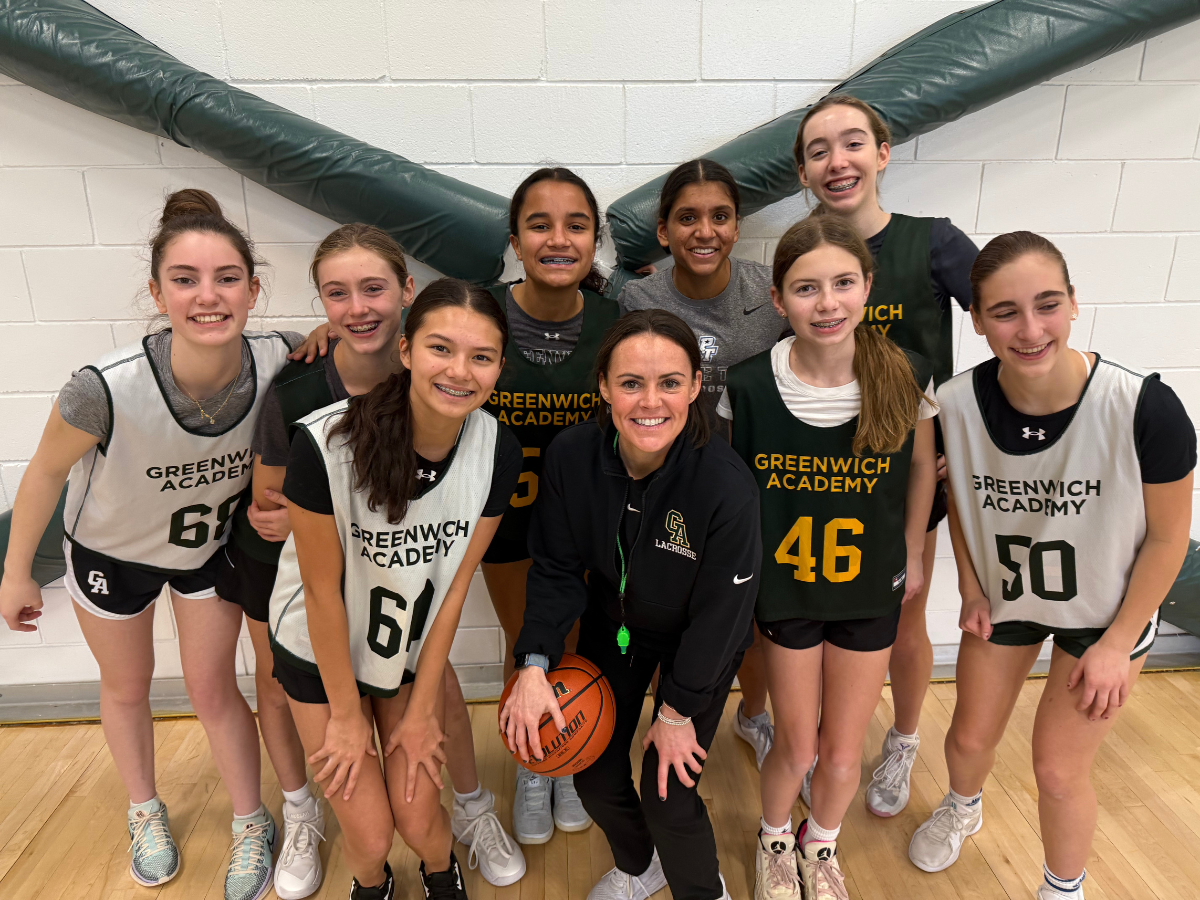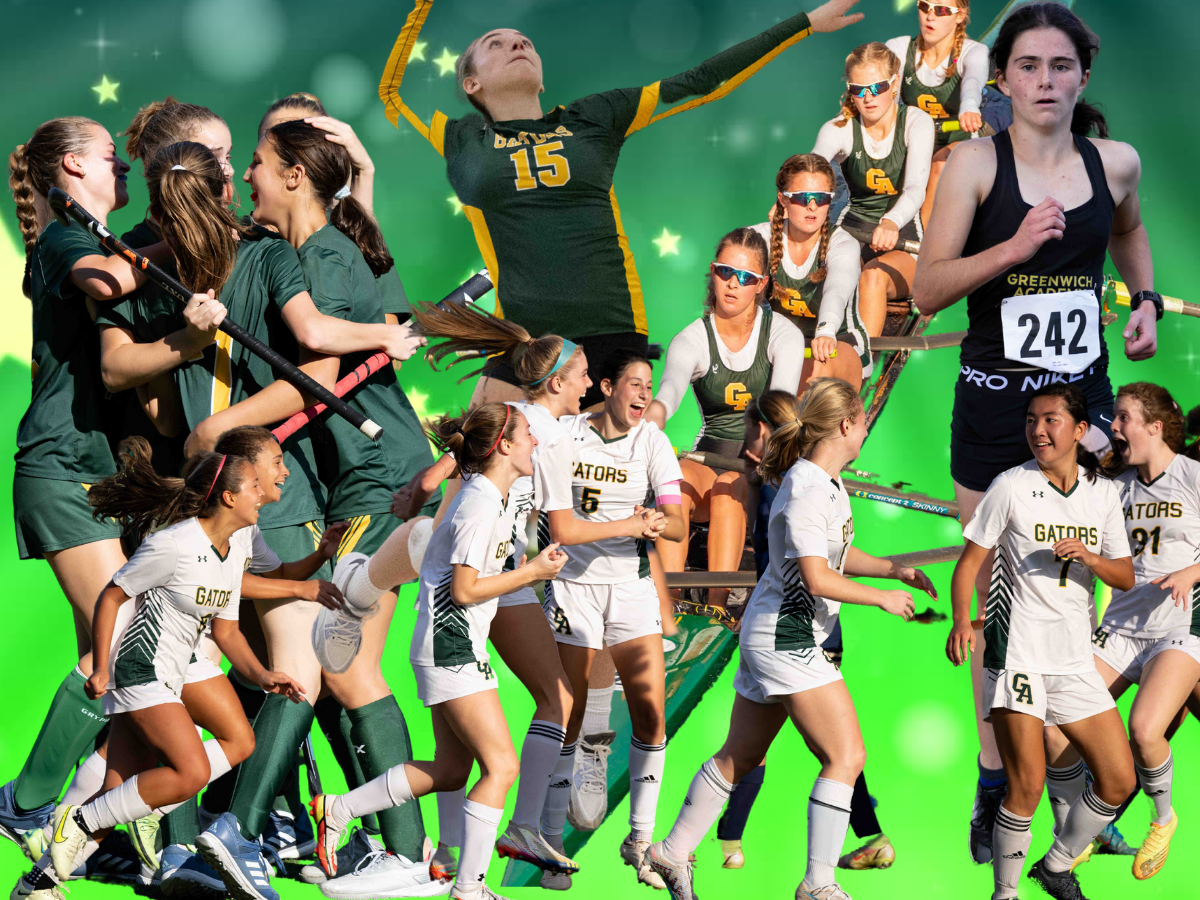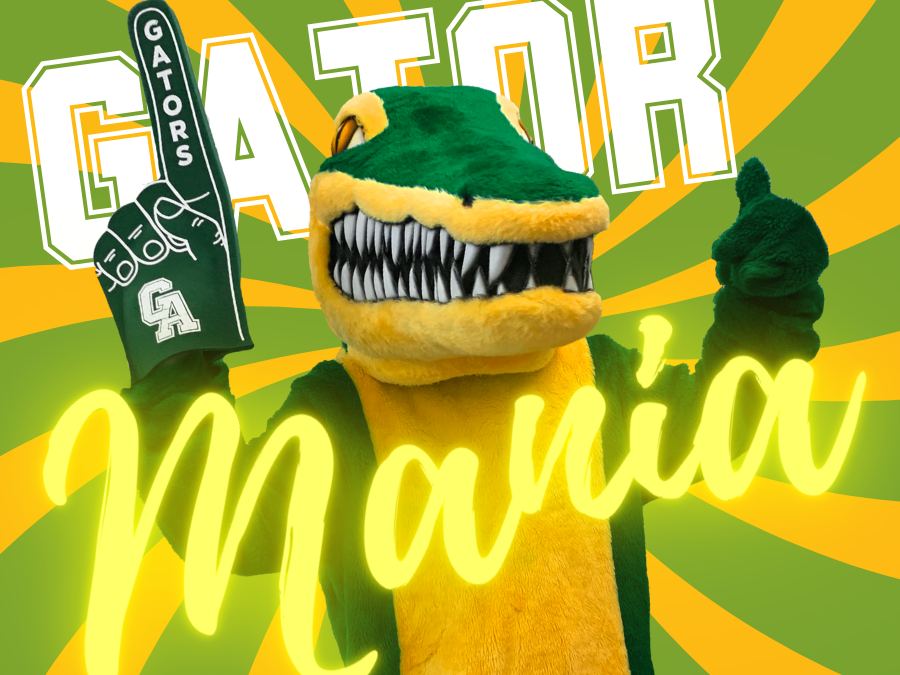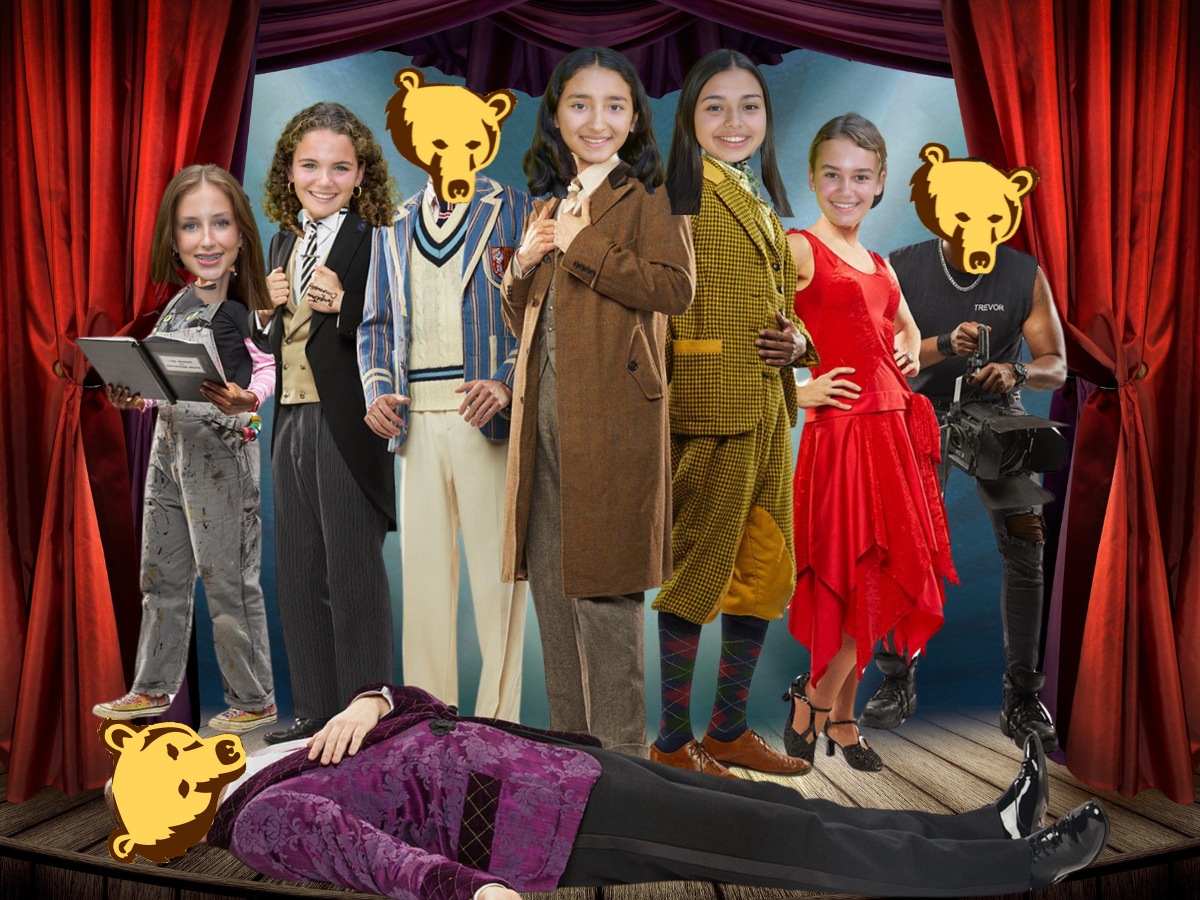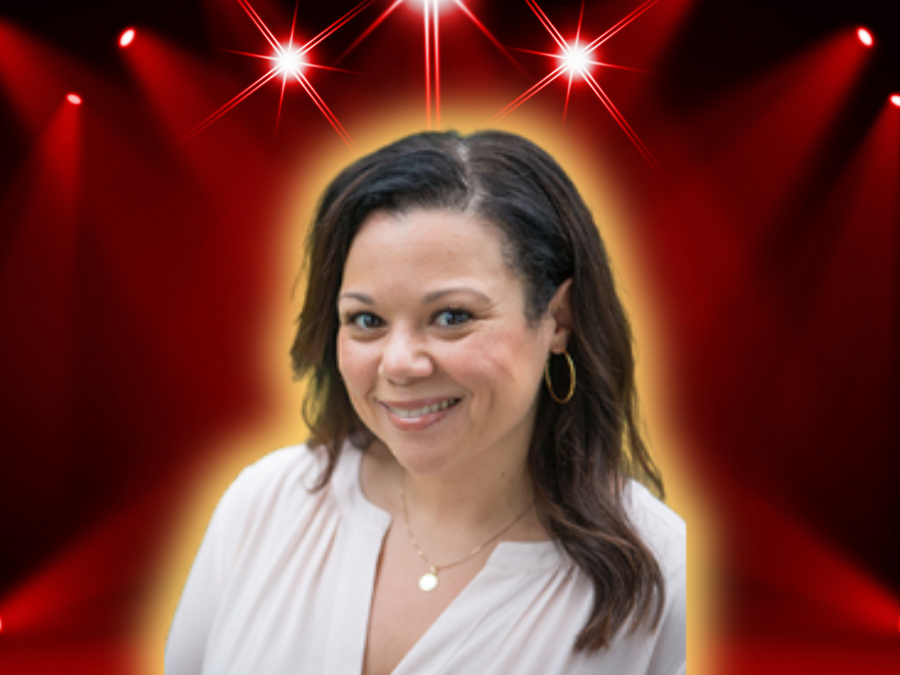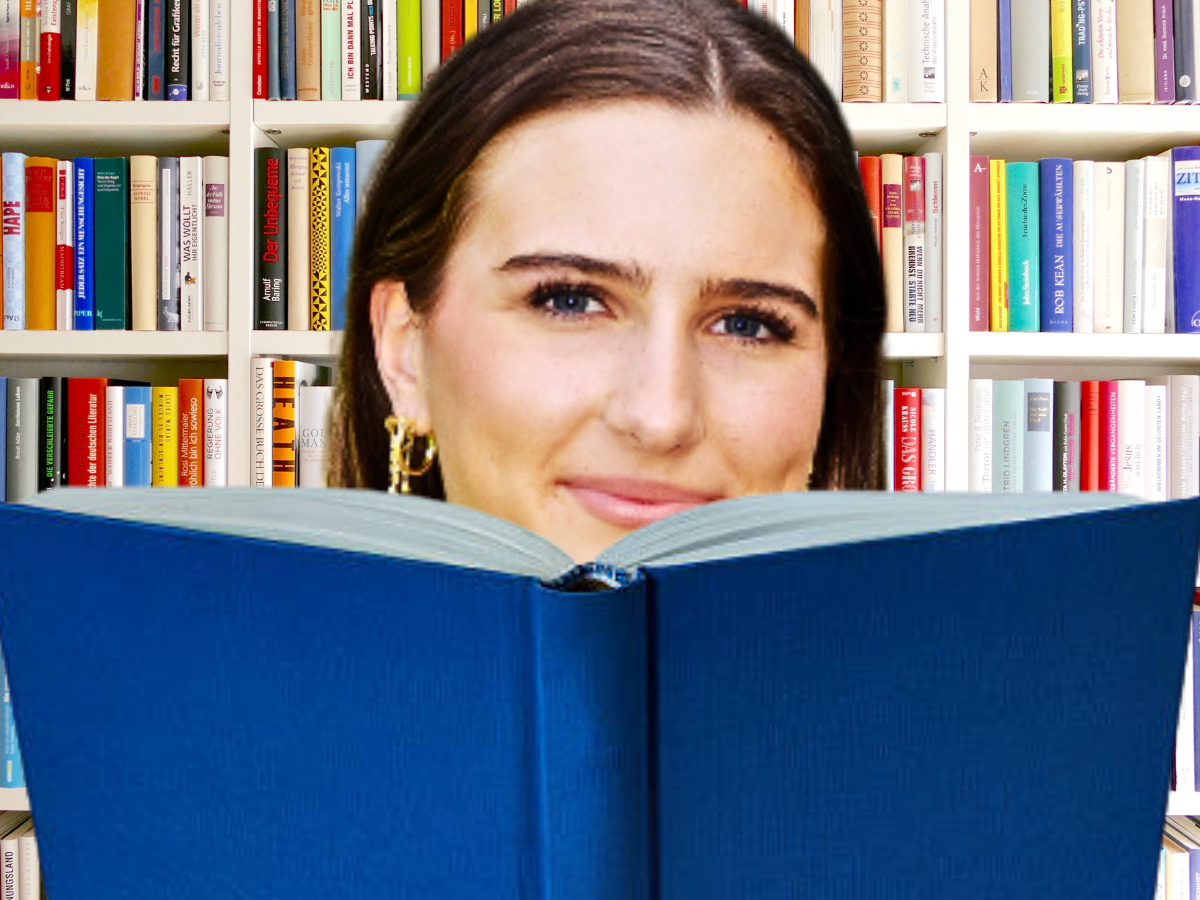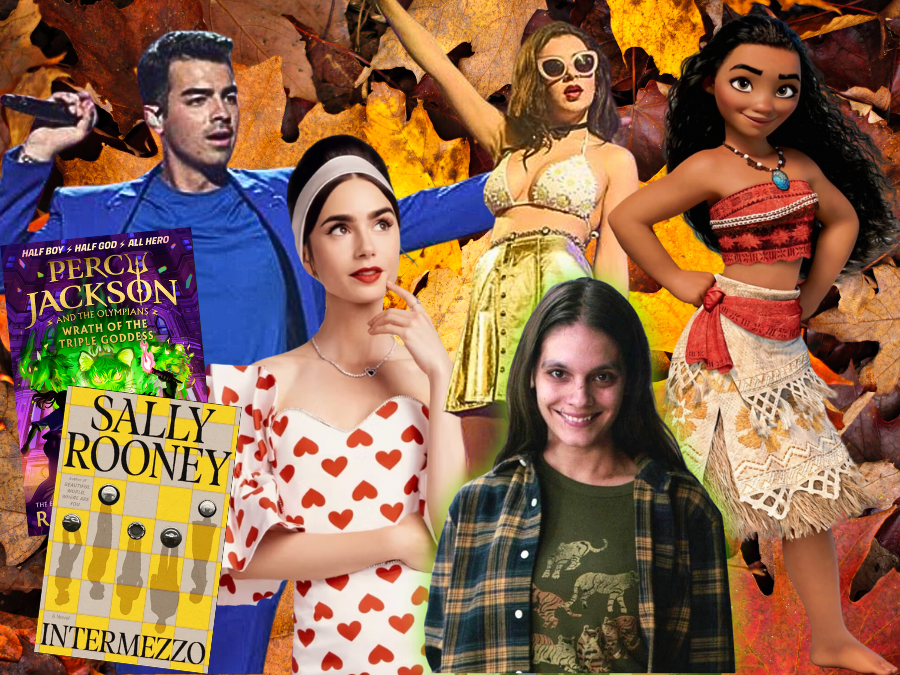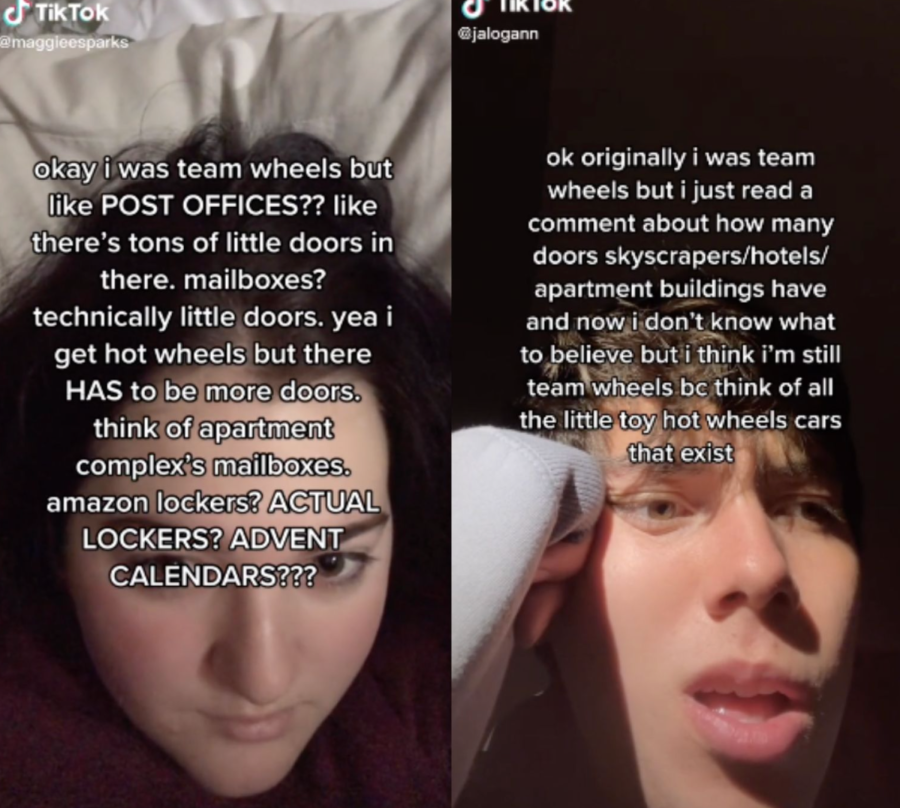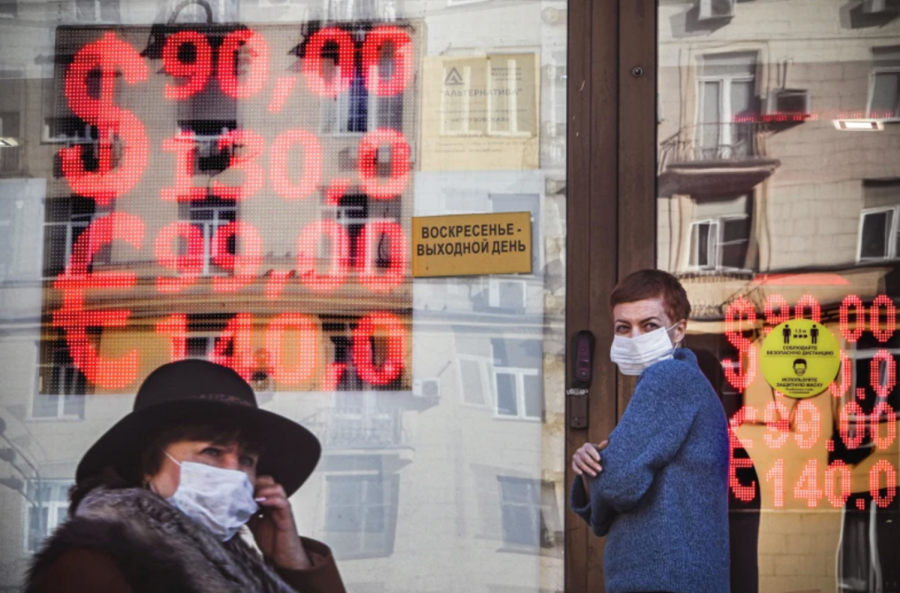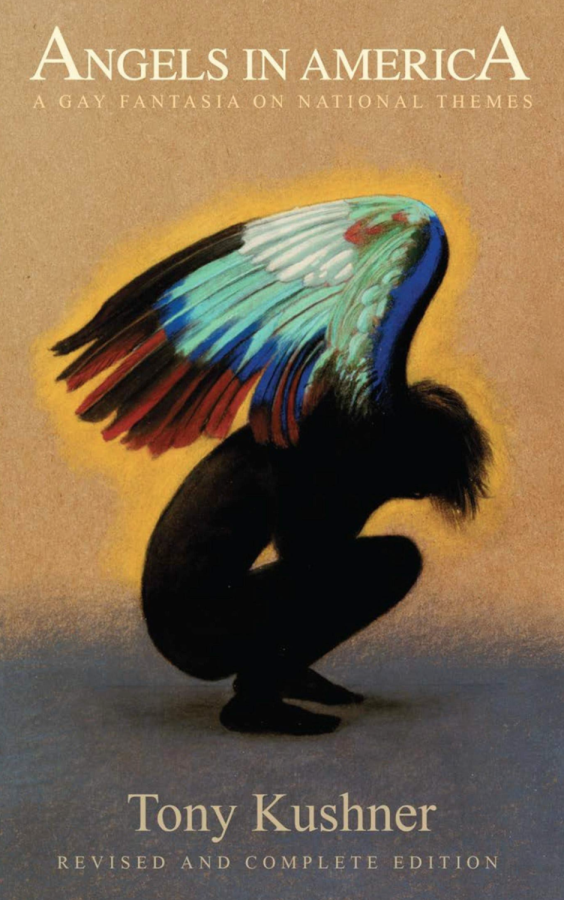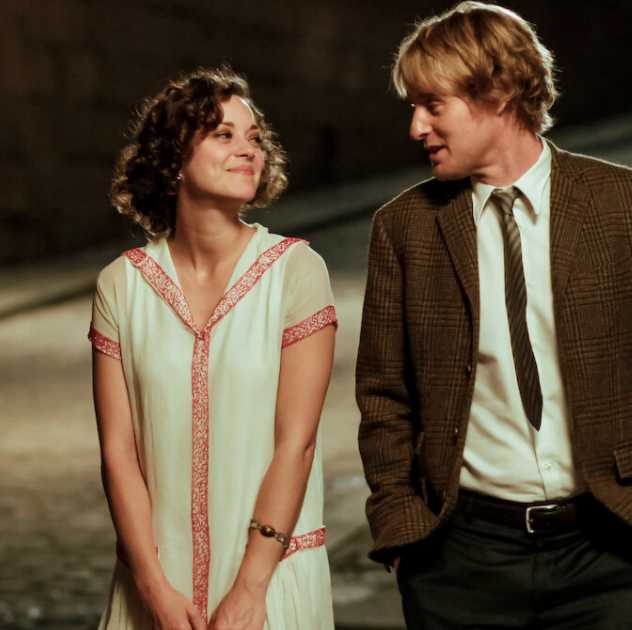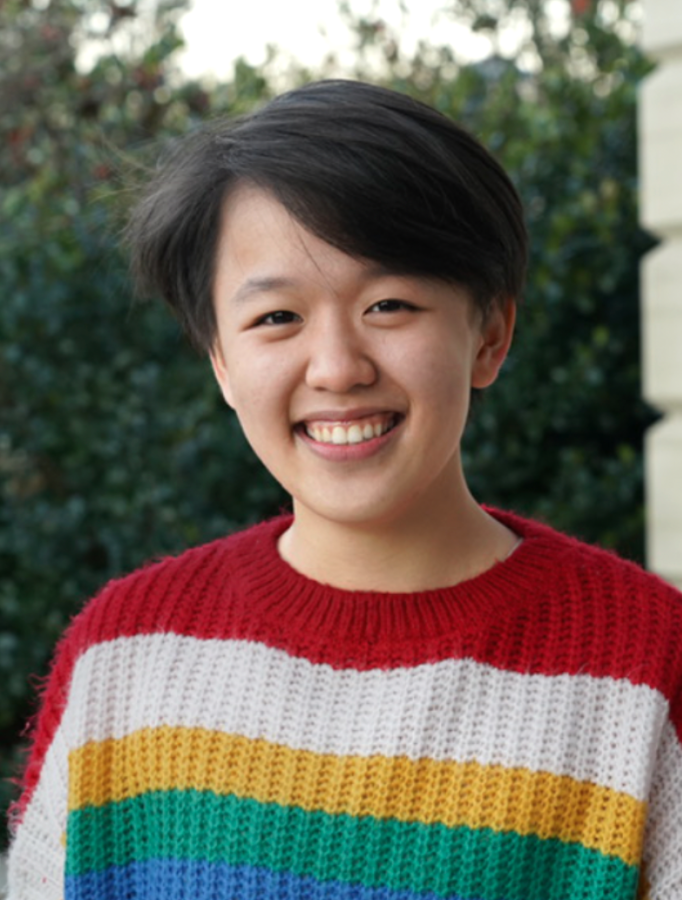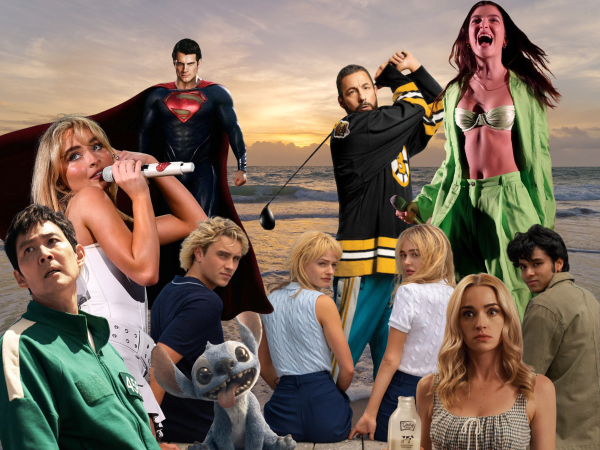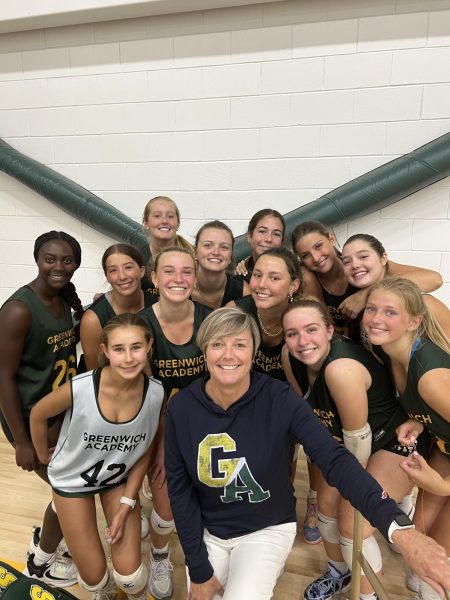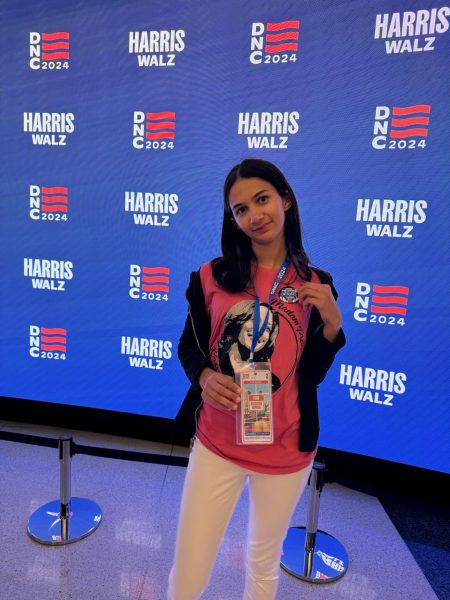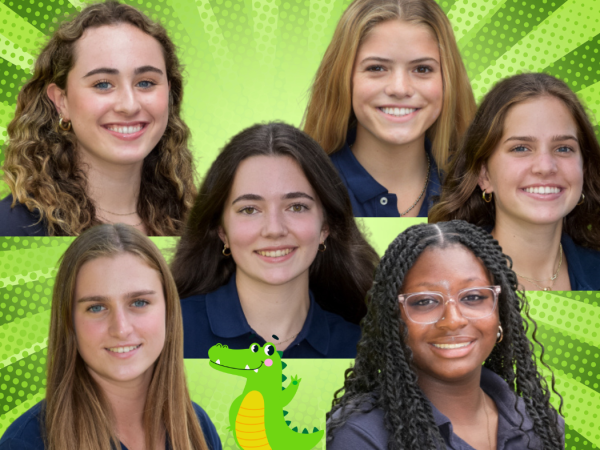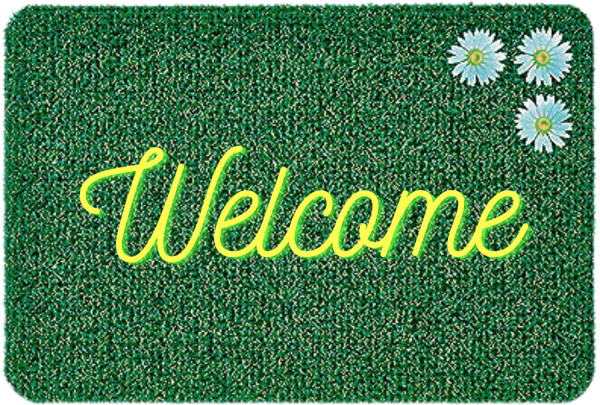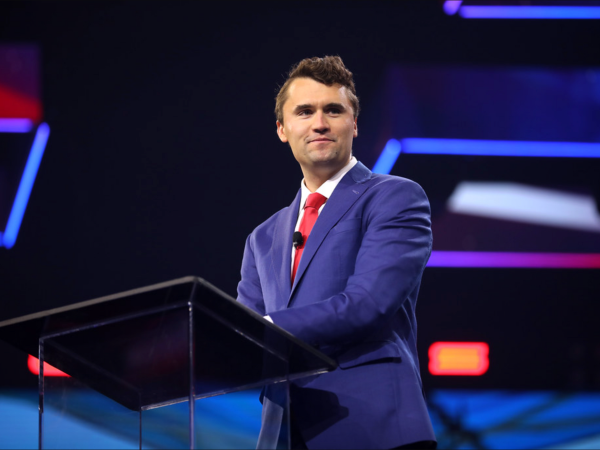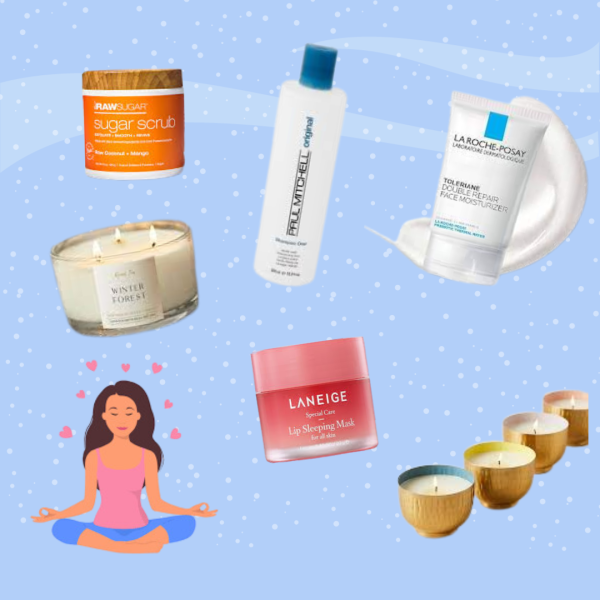The Dangerous Association of Journalism with “Truth”
Americans need to consume the news more responsibly.
Journalists’ distinct worldviews lace their articles, yet we as readers often mistake their opinions for the truth. I mean, shouldn’t we commoners agree with the internationally recognized, highly acclaimed New York Times columnist?
Individuals often have a hard time coping with ignorance of truth, so much so that sometimes, we declare it ourselves. We have all felt the painful uncertainty when a teacher announces the class average before handing back the test. Let’s say that the average was 80. If I felt uneasy after taking the test, I would be in panic mode and declare that I got below an 80. Even though I didn’t know the truth, I created one because I couldn’t stand being uncertain.
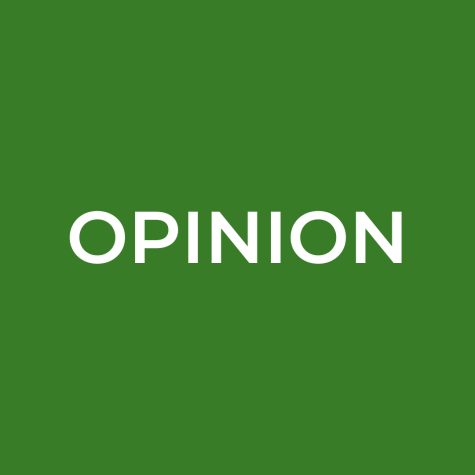 This phenomenon isn’t unique to us. Over the summer, I read a book called “A Survival Guide to the Misinformation Age” by Dr. David Helfand, an astronomy professor at Columbia University. He wrote about an instance when his friend Professor Nick Suntzeff, a former Jefferson Fellow at the U.S. Department of State, was asked how many U.S. citizens were trying to flee Libya during the overthrow of Muammar Gaddafi in 2011. Professor Suntzeff answered with an estimate of 160 ± 10. The CNN journalist was not satisfied with the ambiguity of a 20-person range, so he called again. And again, until Professor Suntzeff gave in and said 166.
This phenomenon isn’t unique to us. Over the summer, I read a book called “A Survival Guide to the Misinformation Age” by Dr. David Helfand, an astronomy professor at Columbia University. He wrote about an instance when his friend Professor Nick Suntzeff, a former Jefferson Fellow at the U.S. Department of State, was asked how many U.S. citizens were trying to flee Libya during the overthrow of Muammar Gaddafi in 2011. Professor Suntzeff answered with an estimate of 160 ± 10. The CNN journalist was not satisfied with the ambiguity of a 20-person range, so he called again. And again, until Professor Suntzeff gave in and said 166.
I believe that the journalist’s unwillingness to settle for a numerical range represents how many readers consume the news. Sometimes when reading an op-ed, we are so fixated on being certain about a current event that we mistakenly attribute the writer’s opinion to the objective truth. Fast-forward to the end of the article, we have adopted this “intellectual and socially acceptable” viewpoint. Anything challenging this, from your friend Lexi or Grandma Suzie is just, well, irrelevant. After all, they’re just regular people, not CNN journalists.
Therefore, the restless acquisition of “truth” is hurting us in these cases. It is hindering us from developing our own opinions and weighing our own values when considering if abortion is moral or if President Biden is performing well in office.
In a highly polarized political environment like the one we live in, it is important to recognize that opinion journalism tells stories, and all stories carry bias based on who the writer is. I attended a program called Democracy Summer, where I got to hear from many political science professors, Congresspeople, and historians. We even had the privilege to hear Mr. Michael Tomasky, one of the most prolific liberal columnists, talk about right-wing media bias in channels like Newsmax and Fox. He told us that this bias is a threat to our democracy and that we as consumers of news must be careful to not get indoctrinated. After his presentation, one girl asked, “How can we as liberals reduce the amount of bias in our news?” He responded, “That’s a tough question. I don’t know.” Bias does not discriminate. Everyone is guilty, regardless of political affiliation. We often see both sides attacking each other for bias, so emboldened in their own agenda that they fail to look inwards at their inherent bias.
I think bias is not good or bad, but natural. In fact, biased opinions lend readers a viewpoint worth reading about, one that may differ from their own. Instead of being pressured to agree with the writer because they are at the top of their discipline, be open to pursuing your own research. Read other opinions. Understand that bias is natural. We have all taken the easy way out and stopped at one source, whether we’d like to admit it or not.
Surrender yourself to uncertainty, even if it may be daunting at first. And don’t beat yourself up if you don’t know the answer. But maybe you should take my words with a grain of salt. This is an opinion article, after all!

When not writing or editing for GAP, Sarina is watching figure skating re-runs, testing daunting recipes, or playing with her dog, Milo. She also loves...
